Jehovah’s Witness Myopic View Of Jesus (IV)

“I and my Father are one.”
In one of their itinerant propensity that brought them to my house I pointed at the epithetic ‘mighty God’ of Isaiah 9:6. And what was his denigrative defence? “The Bible did not say ‘Almighty God,’ it says ‘mighty God’ which is less in status.” So let us see what the Hebraic definition of ‘mighty God’ is. The Hebrew for ‘God,’ in this verse, is ‘êl (ale): ‘strength; as adjective mighty; especially the Almighty (but used also of any deity).’ It is quite apropos for the Spirit of God to put ‘êl in the prophetic utterance of Isaiah to exhibit the might of Jehovah’s character.
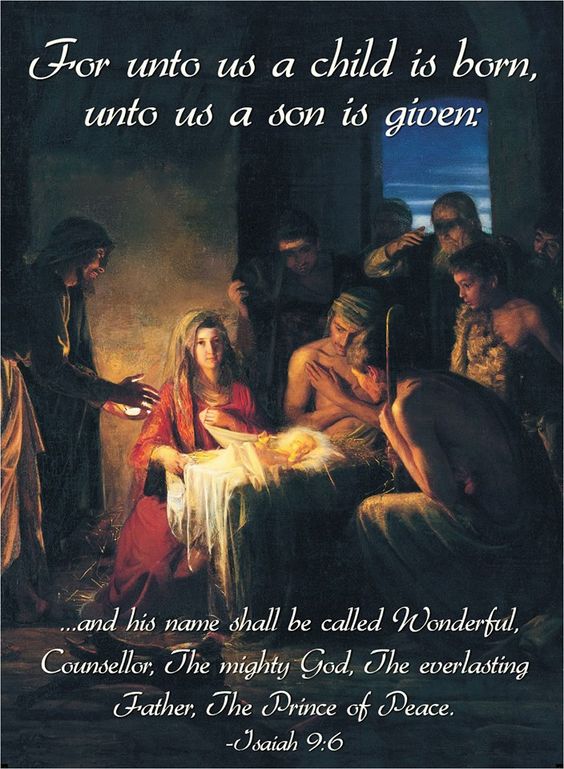
If this entity, in proper context of Isaiah’s prophecy, is to shoulder the universal government, then He must be the Creator Himself. The word ‘mighty’ is gibbôr (ghib-bore’) meaning: ‘powerful; by implication warrior, tyrant.’ Is He not said to be ‘mighty to save’ in Isaiah 63:1? Put the definitions together in contextualisation and you will discover the meaning of this epithet to be ‘Almighty warrior.’ Who else is Almighty save Him the LORD God? Remember the pantokrator of Revelation 1:8? Jesus introduces Himself in Revelation 1:8, “I am Alpha and Omega, the beginning and the ending ……which is, and which was, and which is to come, the Almighty.”
Ask yourself why He should throw at His disciples, the conundrum of John 14:10, “Believest thou not that I am in the Father, and the Father in me?” The phrase ‘I am’ is, interestingly the Greek egō (eg-o’) esti (es-tee’). Esti is the third person singular of eime. Eime speaks more of ‘existence’ than of ‘being.’ Egō eime is exactly what the Septuagint explains God’s response to Moses’ question of Exodus 3:1, “And Moses said unto God, Behold, when I come unto the children of Israel, and shall say unto them, The God of your fathers hath sent me unto you; and they shall say to me, What is his name? what shall I say unto them?” Why would Jesus arrogate I AM THAT I AM to Himself; when this epithet is the same as Jehovah!
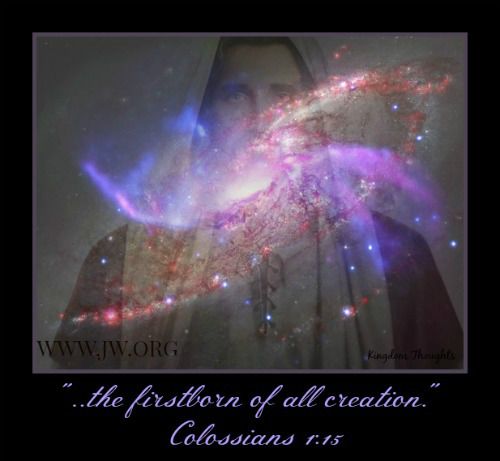
…firstborn from the dead (Col. 1:18) {to get born again}
Should the answer to the above Mosaic question be farfetched in the light of John 14:9, “Jesus saith unto him, Have I been so long time with you, and yet hast thou not known me, Philip? he that hath seen me hath seen the Father; and how sayest thou then, Shew us the Father?” Philip’s ignorance is well captured in John Gill’s commentary: “Surely you cannot be so ignorant as this comes to; as you have seen me with your bodily eyes, as a man, you must, know that I am God by the doctrines I have taught you, and the miracles I have wrought among you: and
he that hath seen me; not with the eyes of his body, but with the eyes of his understanding; he that has beheld the perfections of the Godhead in me:
hath seen the Father; the perfections which are in him also; for the same that are in me are in him, and the same that are in him are in me: I am the very image of him, and am possessed of the same nature, attributes, and glory, that he is; so that he that sees the one, sees the other:
and how sayest thou then show us the Father? such a request is a needless one, and betrays great weakness and ignorance.” This commentary, if you ask me, exposes the ignorance of Jehovah’s Witness Organisation as well. A striking scriptural endorsement of the deity of Jesus is encapsulated in John 10:30, “I and my Father are one.”
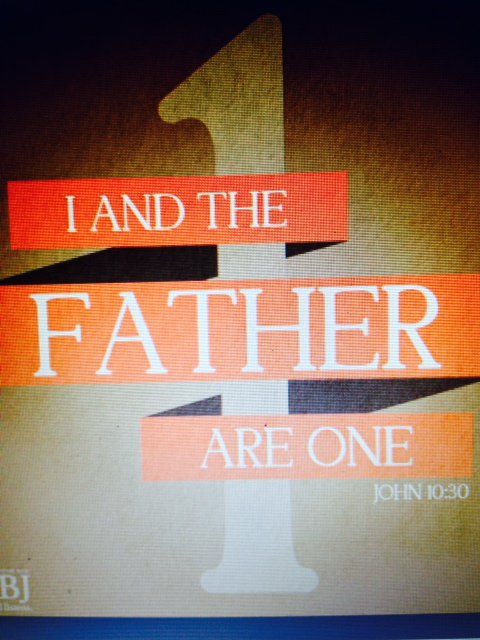
…in all things he might have the preeminence (Col. 1:18)
It is pellucidly understood that the ‘Father’ in this verse is none other than the One who will forever be seated on the throne of celestial splendour i.e. God the Father, the First Member of the Godhead. The pronoun ‘I’ is egō. The conjunction ‘and’ is kai (kahee): ‘and, also, even, indeed, but. Origin: apparently, a primary particle, having a copulative and sometimes also a cumulative force.’ There is a spiritual copula that does make the Father nonexistent without the Son, as far as the scripture is concerned to mankind. The personal ‘my’ is in italics meaning that it is not in the original Johannine script. Anytime I see this I just do what Rev. Chris Okotie has taught, I read it without the italised and it comes out forceful. ‘Are’ is esmen (es-men’) which is the first person plural of eime: “to be.”
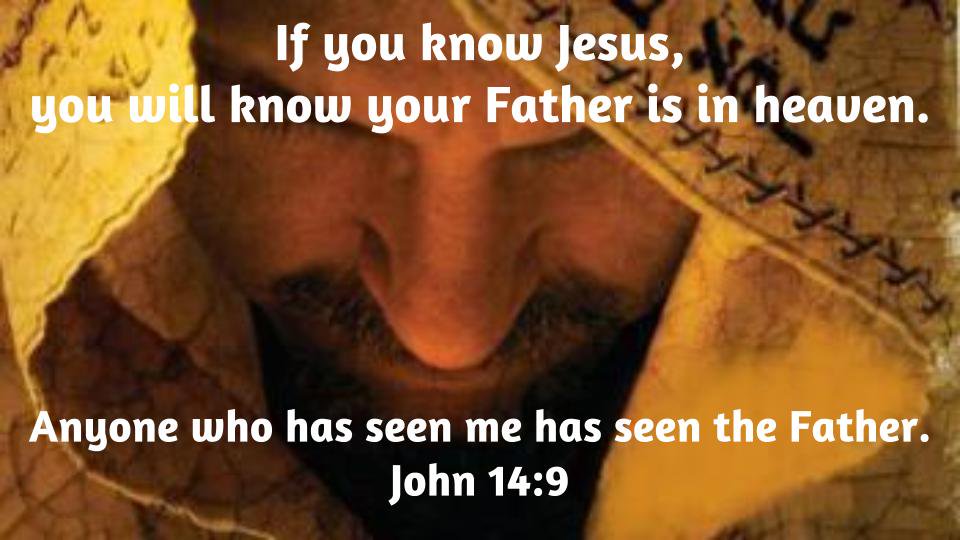
A conundrum! Only faith can uncurtain it!
‘One’ is heis (hice) ‘(Including the neuter [etc.] ἕν -en- {hen}); a primary numeral; one.’ Heis is a noun. As a numeral it is a neuter gender. The genderlessness of heis is what engenders the phenomenal understanding of this verse. The next verse, John 10:31 reports: “Then the Jews took up stones again to stone him.” Why would they decide to sentence Him to a stoning death? Heis speaks of essence in definition. It has an implicit conception that Jesus and the First Member of the Godhead are essentially of the same nature. This spelled the equality of Jesus with the Father in clear capital letters to the unenlightened Jews. Beyond the narrative of the Father having the same mind as His divine Son is the unbelievably mind blowing fact the Father and the Son are of the same essence. The uncomprehending scriptural naivety that characterised their view of Christ is what the Jehovah’s Witnesses are seen wallowing in, today. Amen!
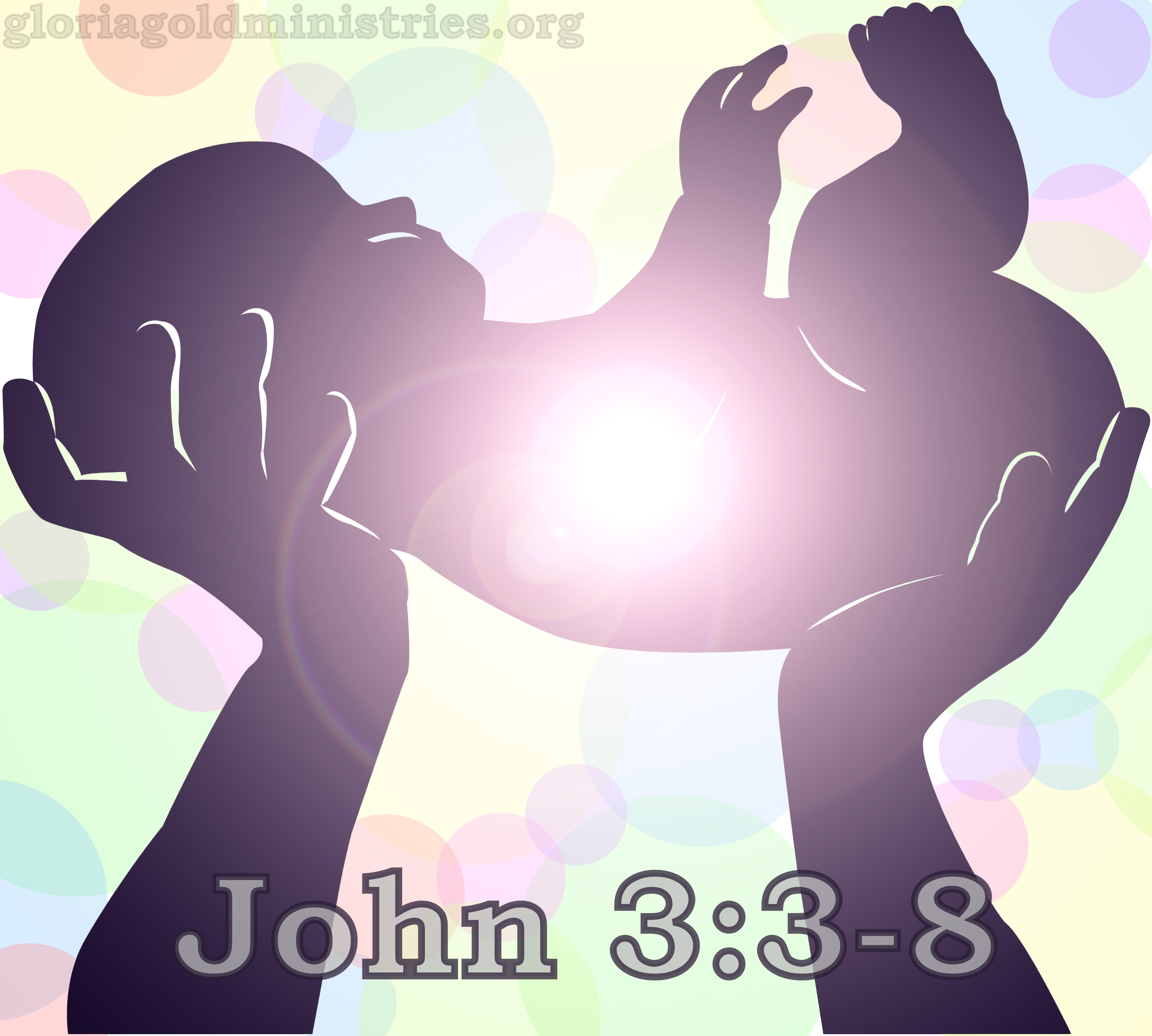
You can get born again by praying this prayer with all your heart and truthfully: Dear heavenly Father, I come to You now in the name of Jesus Christ. I believe in my heart that Jesus is the Son of God. I believe in my heart that Jesus died for my sins and You raised Him from the dead. I confess with my mouth that Jesus is Lord, and I receive Him as my Lord and my Saviour. I give God all the glory, Amen. (…to be continued…)
Click here to read part III
Click here to read part V
Visits: 165



